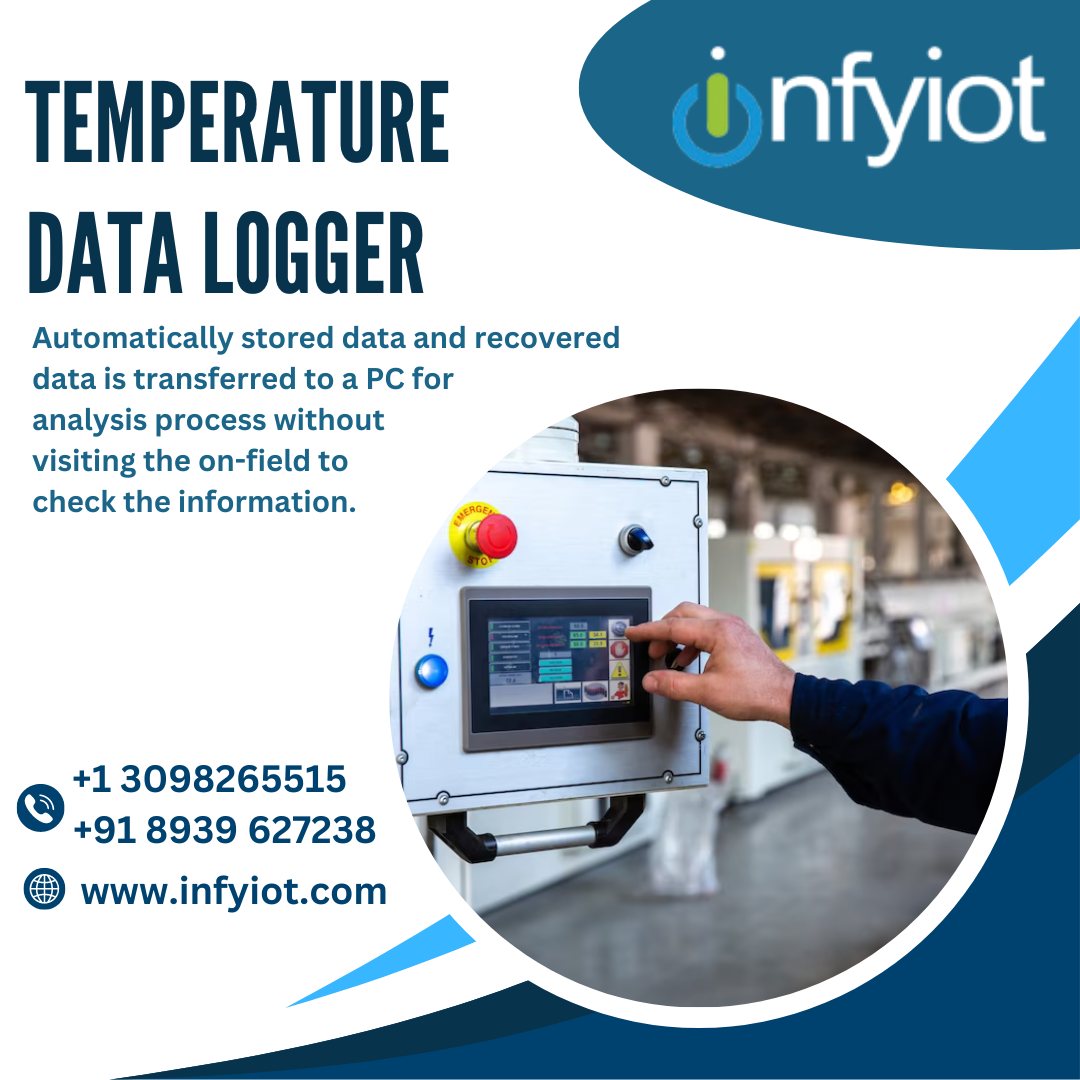Temperature Data Logger- Is better than a thermometer?


When it comes to monitoring and recording temperature, many people rely on traditional thermometers. However, there is an advanced and efficient tool that surpasses the capabilities of a conventional thermometer — the Temperature Data Logger. In this article, we’ll explore why temperature data loggers are the best choice for temperature monitoring in a variety of applications.
Rise of temperature data loggers:
In recent years, temperature data loggers have become increasingly popular in industries such as healthcare, pharmaceuticals, food storage, and transportation. Unlike traditional thermometers that only provide real-time temperature readings, data loggers offer a variety of benefits and functions that revolutionize temperature monitoring.
Precision and Accuracy- Temperature data loggers are designed to provide precise and accurate temperature readings. Unlike thermometers with limited accuracy, data loggers use advanced sensors and technology to ensure reliable and consistent readings. This level of accuracy is critical in industries where even a small temperature deviation can compromise product quality and safety.
Continuous Monitoring — One of the biggest advantages of temperature data loggers is the ability to continuously monitor temperatures over long periods of time. While thermometers provide a snapshot of temperature at a specific point in time, data loggers record temperature data at regular intervals, allowing for detailed analysis of temperature fluctuations and trends. This feature is very useful in industries where temperature controls and guidelines must be strictly adhered to.
Data Logging and Analysis- Data loggers not only capture temperature data but also store it for future analysis. This data can be easily retrieved and reviewed, providing valuable insights into temperature patterns and potential issues. Heat maps and reports generated by data loggers help businesses identify anomalies, troubleshoot problems, and make informed decisions regarding temperature management. In contrast, traditional thermometers offer limited or no data storage capabilities.
Alarm and warning systems- Temperature data loggers often come with alarm and warning systems that notify users when temperature limits are exceeded. This feature is important in situations where immediate action is required to prevent damage or spoilage of temperature-sensitive items. On the other hand, thermometers do not have such functionality and rely only on manual temperature checks.
Remote Monitoring — Modern temperature data loggers offer remote monitoring. With the help of wireless connectivity and cloud-based platforms, users can access real-time temperature data anytime from anywhere. This remote accessibility allows rapid response and intervention, reduces the risk of temperature-related incidents and ensures product integrity.
In conclusion, Temperature Data Logger have emerged as a great alternative to traditional thermometers in various industries. Their precision, accuracy, continuous monitoring capabilities, data logging and analysis features, alarm systems and remote monitoring functionality make them indispensable tools for efficient temperature management. By using temperature data recorders, businesses can improve product quality by complying with regulations, reducing risks, and ultimately achieving better control over temperature-sensitive processes.
Find Infyiot Solutions at Tamarai IT Park, Thiru Vi Ka Industrial Estate, Guindy, Chennai-600032 or call us at +918610984802 or +919941188477 and browse https://infyiot.com/ to know more details.
Also read: How does a temperature data logger work?
Comments
Post a Comment